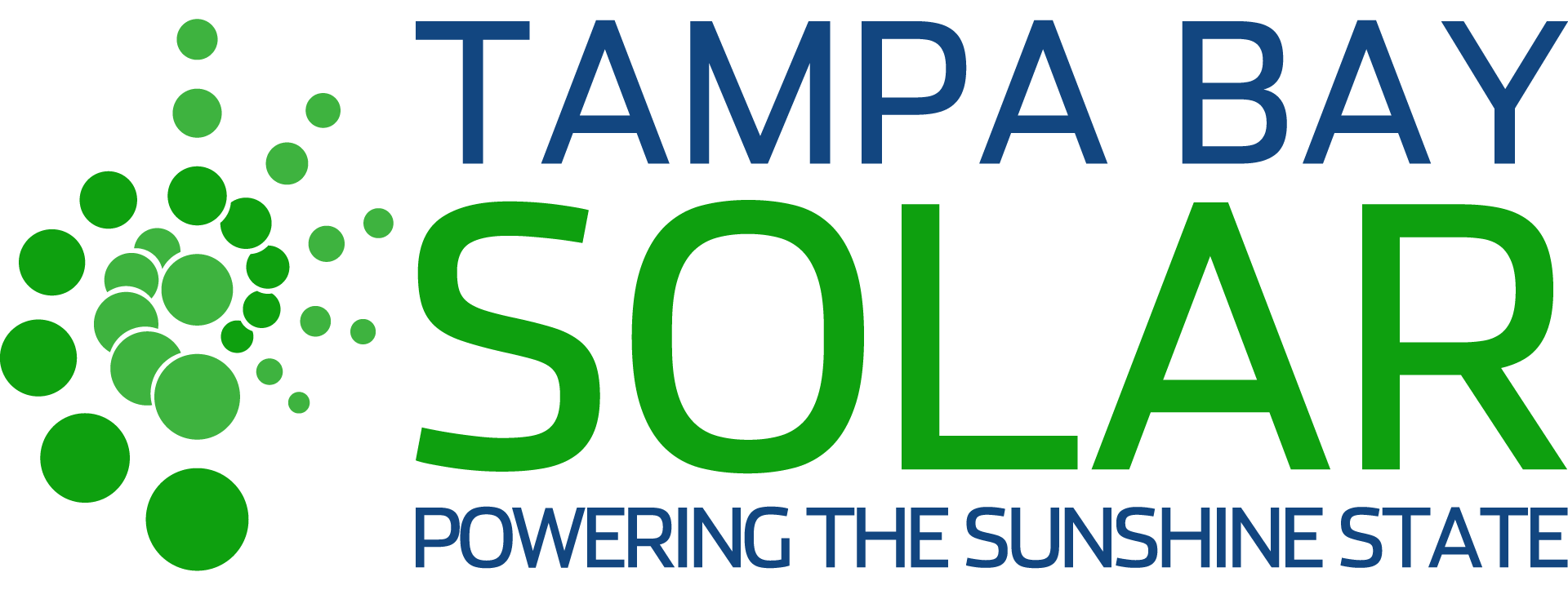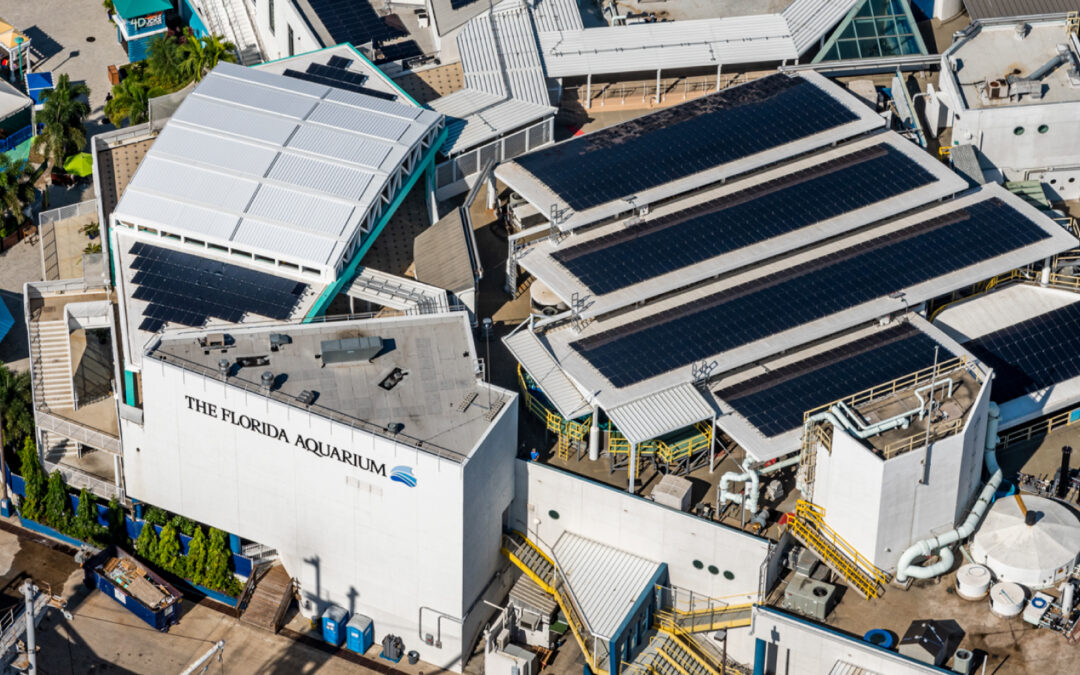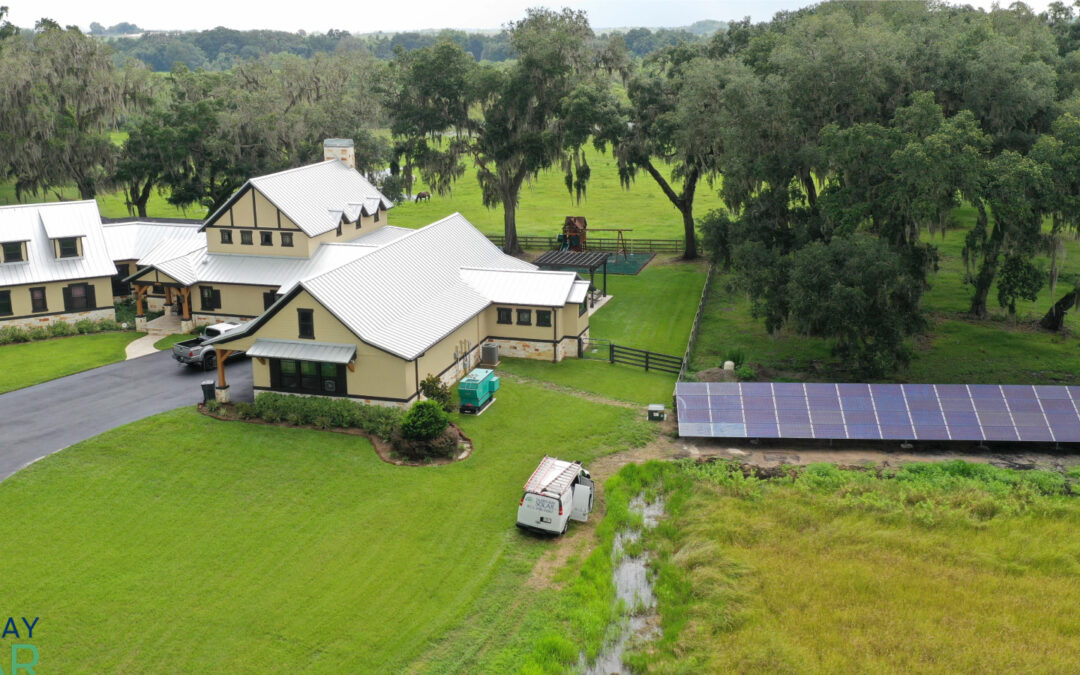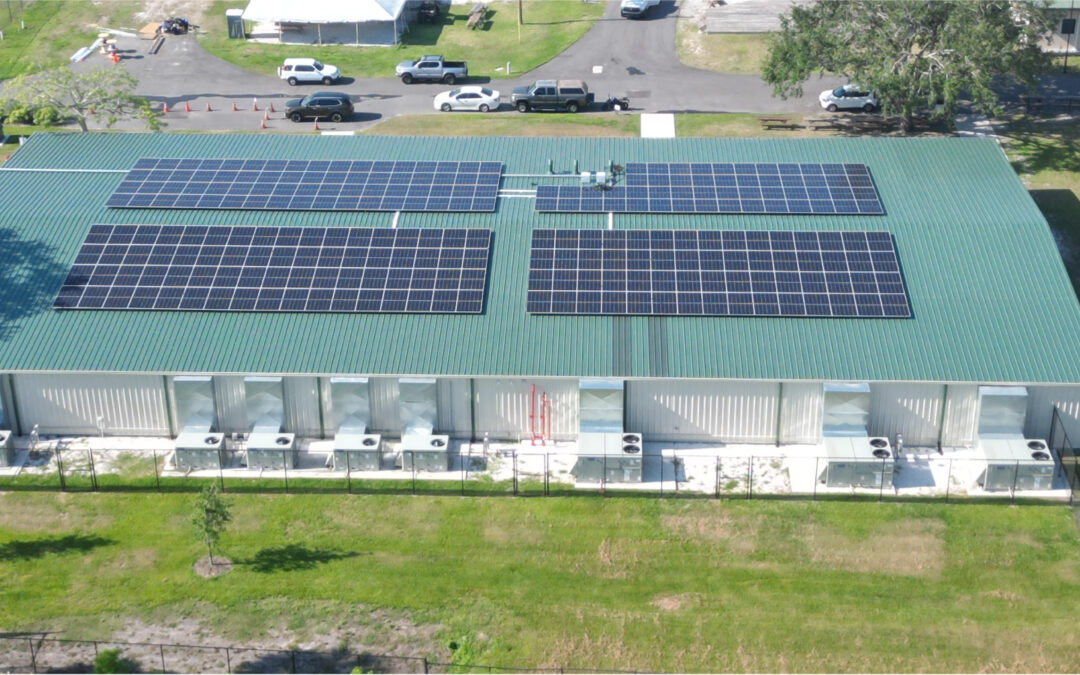Environmental Benefits of Going Solar: As the effects of climate change become more apparent, renewable energy sources are critical to reducing our environmental footprint. Solar energy, one of the most sustainable and abundant forms of energy, is increasingly being adopted worldwide. With its sunny climate, Central Florida has emerged as a leader in the transition to solar power. This article explores the significant environmental benefits of solar energy and how Central Florida is setting an example in 2025.
Clean Energy Reduces Greenhouse Gas Emissions
Solar energy offers a clean and renewable method of generating electricity. Unlike coal and natural gas, solar power doesn’t release harmful pollutants or greenhouse gases, helping improve air quality and fight climate change.
With its sunny climate, Central Florida is perfect for solar energy. By converting from fossil fuels to solar power, the region is lowering harmful emissions and helping protect the environment for future generations.
Protecting Water Resources
Conventional power plants need vast amounts of water for cooling, straining natural resources, especially in areas where water is scarce. Solar photovoltaic (PV) systems, the most commonly used type of solar energy, do not require water to generate electricity.
By adopting solar power, Central Florida reduces energy-related water consumption and protects vital water supplies for agriculture, drinking, and other essential uses. This makes solar energy an environmentally conscious choice in both urban and rural settings.
Minimizing Land and Ecological Impacts
While utility-scale solar farms require significant land, most solar installations in Central Florida are rooftop systems. These systems utilize existing structures, like homes, businesses, and schools, reducing the need for new land development.
Careful site selection helps protect local ecosystems for large solar farms. Developers build solar farms on degraded or unused land instead of forests or wetlands to protect Florida’s wildlife.
Reducing Fossil Fuel Dependency
Fossil fuel extraction and burning harm the environment and are finite resources. Solar energy is a sustainable option that lowers the need for coal, oil, and natural gas. By using solar power, Central Florida helps reduce the harmful effects of fossil fuels, such as pollution, habitat loss, and greenhouse gas emissions.
This shift to solar also reduces Florida’s vulnerability to fluctuating energy prices, ensuring a more stable and sustainable energy future.
Recycling Solar Panels for a Circular Economy
Solar panels last about 25–30 years; recycling them is essential for sustainability. Panels have valuable materials like silicon, silver, and aluminum that can be reused. However, recycling systems for solar panels are still being developed, and improving them is a key focus for the industry. In Central Florida, better recycling technology and increased awareness are helping. By reusing materials, Florida helps reduce waste and conserve resources.
Economic and Social Benefits of Solar Adoption
Switching to solar helps the environment and creates jobs. Solar projects offer work in installation, maintenance, and manufacturing. Central Florida’s growing solar industry reduces carbon emissions and helps the local economy grow.
Using solar also reduces the need for imported energy, strengthening communities and making them more self-reliant. Programs for homes and businesses make it easier to switch to renewable energy.
Challenges to Address
Solar energy has many benefits, but there are some challenges. Large solar farms can affect land use and ecosystems. The cost of installation can also discourage some people (even though most PV systems are paid off in 3-5 years ). Recycling old solar panels is still new and needs more investment to make it more familiar.
Florida’s leaders and communities are tackling these issues. They are creating policies for responsible solar growth, researching better manufacturing methods, and offering incentives to encourage more people to use solar energy – https://www.flaseia.org/
Why Central Florida is Leading the Charge
Central Florida is well-suited to lead in solar energy. Its sunny weather, helpful policies, and growing public awareness make it an excellent place for solar power. Local efforts and partnerships make solar energy more affordable and available for homes and businesses. Central Florida is reducing its environmental impact by investing in solar and setting an example for other areas. This commitment to clean energy shows that sustainability and economic growth can go hand in hand, benefiting both the planet and people.
As we move into 2025, solar energy continues to prove itself as a vital solution for combating climate change and reducing environmental damage. Central Florida’s leadership in solar adoption showcases the region’s dedication to clean energy, resource conservation, and innovation.
Going solar is not just a choice for individuals or businesses—it’s a commitment to creating a healthier, more sustainable future for everyone. Central Florida is lighting the way to a brighter tomorrow by embracing solar power. Contact Tampa Bay Solar today!
